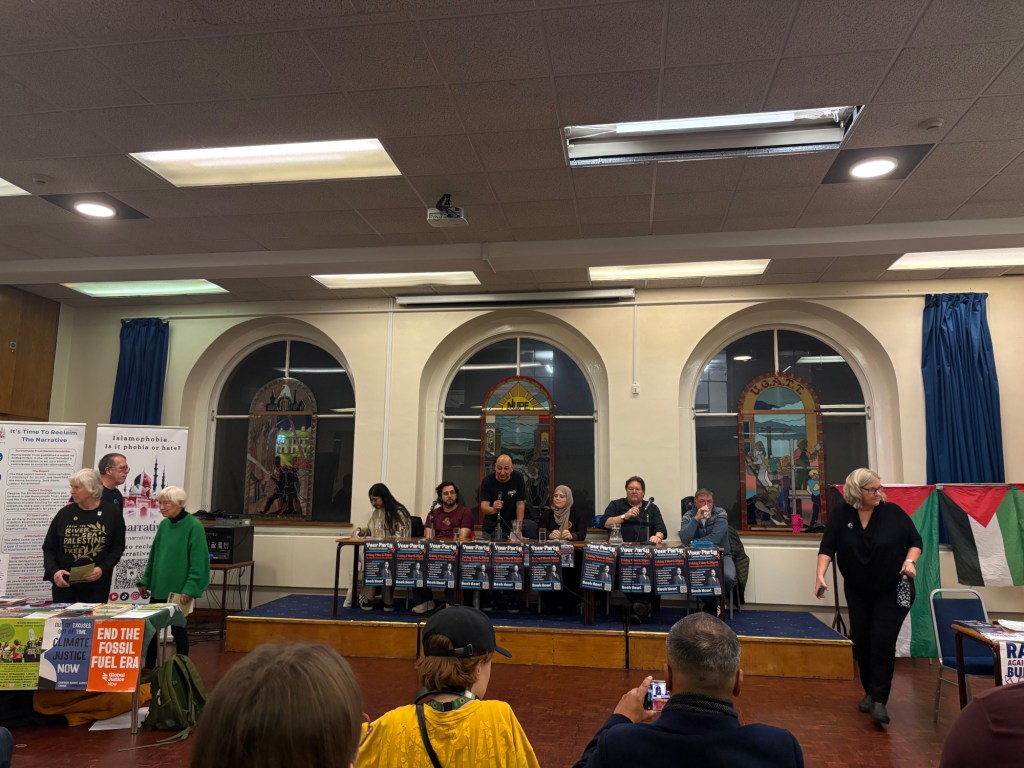Has Vladimir Putin’s bluff just been called? It certainly looks like it. So long as the Ukrainians were refusing to countenance a ceasefire, then Moscow could portray them as being the obstacle to the kind of quick deal Donald Trump appears eager to conclude. Kyiv had previously floated the idea – after another unhelpful intervention from French President Emmanuel Macron – of a limited ceasefire extending just to long-range drone attacks on each others’ cities and critical infrastructure and operations on the Black Sea. But this was a non-starter that was too transparently a trap for Putin, hoping to make him look like the intransigent party if he turned it down.
This certainly seems to have been Kyiv’s plan as of last night, when an unprecedented attack on Moscow with some 140 drones, which killed three civilians. The timing was hardly coincidental, intended to try and put pressure on the Kremlin.
Moscow is aware that an angry Trump would be far more dangerous than Joe Biden ever could be
After their meeting with US interlocutors in Jeddah today, though, suddenly the Ukrainians are apparently signed up to a full ceasefire, intended to provide not just respite for both sides, but also a pause for negotiations, or at least negotiations about negotiations. Volodymyr Zelensky had originally ruled this out, but after a week’s tightening of the screws, with aid and intelligence support being suspended, he seems to have realised he could not continue to resist. Crucially, not only has this prostration to Washington led to an immediate resumption of that support, the ceasefire is time-limited to just 30 days.
Zelensky had wanted concrete security guarantees as a condition of the ceasefire, not as something to negotiate later (and certainly more than the frankly implausible ‘protection’ provided by the minerals deal with the US). However, making it time-limited (although open to extension by mutual agreement) helps mitigate some of the risks. The real nightmare for Kyiv was an open-ended ceasefire that left Putin with the strategic initiative to decide if, how and when to resume the invasion, while a war-weary Ukrainian public put pressure on the government for some degree of demobilisation or at least rotation of forces.
Now, though, the ball is in Moscow’s court. The hawks are already claiming that this would mean squandering Russia’s current momentum, such as it is, giving Kyiv a crucial breathing space in which to regroup and rearm. At the same time, to refuse would be to waste the extraordinary opportunity Trump has given them to consolidate their gains, with a fifth of Ukraine in their hands, and at least partly normalise relations with the US. There is also the assumption that where America goes, especially when it comes to sanctions, Europe will in due course have to follow. Besides, how would the notoriously thin-skinned Trump respond to such a rejection, given the degree to which he has been favouring Russia? There is a keen awareness in Moscow that an angry Trump would be far more dangerous than Joe Biden ever could be.
It may be that Putin will try to square the circle by agreeing to the ceasefire on condition that Ukraine’s forces in the Kursk salient, already being pushed back, withdraw fully from Russian territory. This, he might reason, reassures the nationalists at home – whom he clearly does feel he has to manage, at least to a degree – while not offering the Americans the same insult as a flat rejection.
Kyiv might actually be quite willing to take the opportunity to extricate its troops from what is increasingly looking like a trap. However, they will nonetheless use it as an opportunity to contrast themselves and their new willingness to quiet the guns without conditions with a belligerent Putin. With Zelensky now apparently being invited back to the White House – no doubt being deemed to have learned his lesson – the Ukrainians may not be happy with how things have developed, but they have turned what seemed a strategic disaster into a potential opportunity. Real peace, of course (and Trump’s Nobel Peace prize), remains over the horizon.
Listen to Mark’s analysis on today’s Coffee House Shots podcast:








Comments